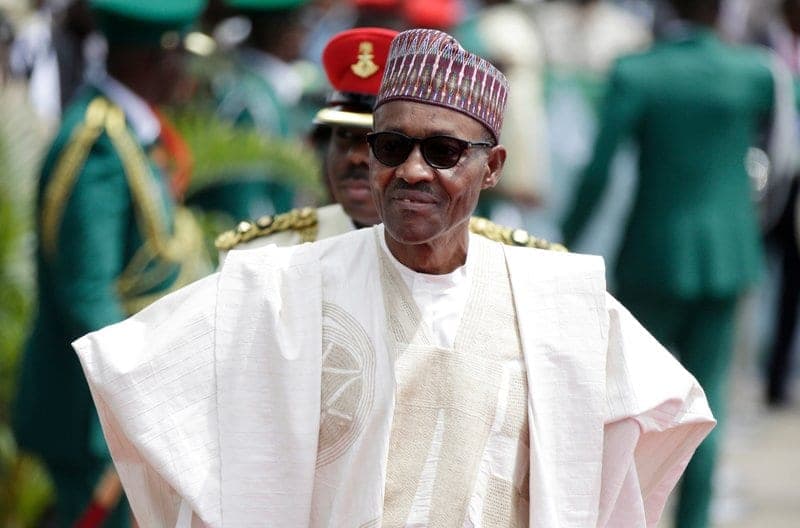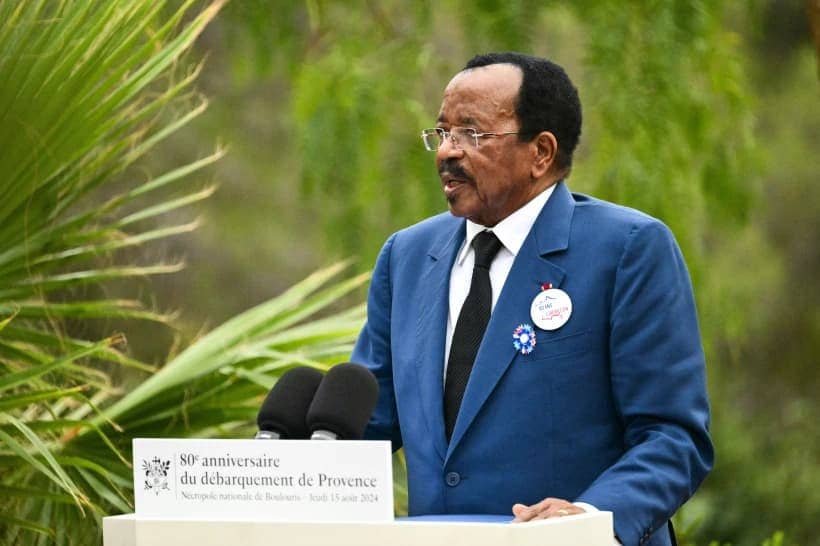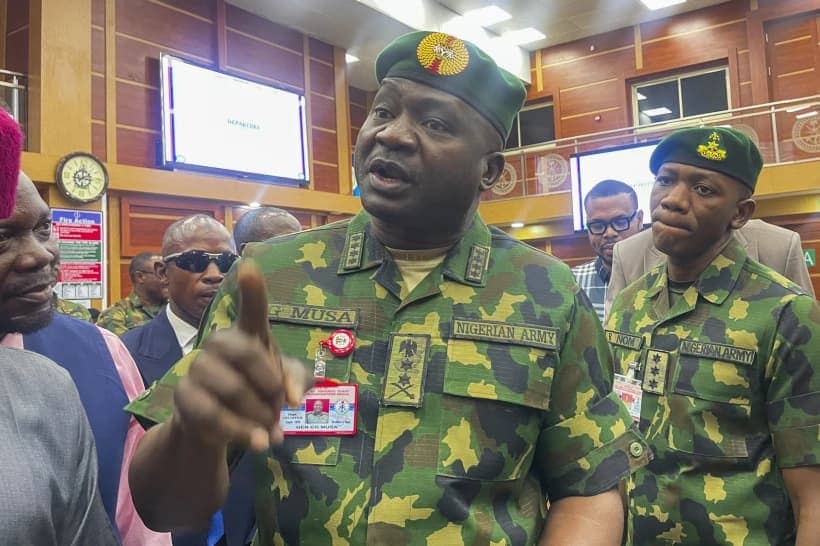YAOUNDÉ, Cameroon –Nigerian President Muhammadu Buhari has told the nation’s Catholic bishops that there are no plans to turn the African powerhouse into an Islamic state.
In a Sep. 9 message to the bishops’ conference meeting in Soko, the president expressed dismay that such propaganda and innuendos, promoted by outsiders, was finding traction in the Church.
Nigeria, a nation of over 190 million, is almost evenly divided between Christians, who live predominantly in the south, and Muslims, who live predominantly in the North.
Tensions have been rising, both due to the ongoing Islamist Boko Haram insurgency in the north, and the raids by Muslim Fulani herdsmen on mostly Christian farmers in the nation’s “Middle Belt” – where the Muslim north meets the Christian south.
The president said people were using the conflicts, as well as the introduction of Sharia law in Muslim-majority states, and Nigeria’s membership in the Organization of Islamic Conference (OIC), to fuel propaganda his administration was working to Islamize the country.
He said such propaganda was promoted by “political sharks” looking for political advantage.
“The issue of membership of Nigeria to OIC, Shariah and farmers/herdsmen clashes had created a lot of suspicion in the minds of the people despite the fact that the problems had existed in the country for several decades,” Buhari said.
The president of the Catholic Bishops’ Conference of Nigeria, Archbishop Augustine Akubueze, used his speech to castigate the “deceit” of politicians in attempts to sow division in the country.
He said politicians were using ethnicity and religion to divide the people and noted that Nigeria can only overcome its current social and economic challenges if its religious and ethnic diversity is instead harnessed for the common good.
“We want to use this medium to warn politicians who are instigating hatred and division by using religion and ethnicity to desist forthwith,’’ the archbishop said. “We say to these politicians, enough of your deceit. They steal our money while they distract us with religion.”
The religious tensions in Nigeria date back to the origins of the country. The Nigeria union was formed in 1914 by the British colonialists for administrative purposes, fusing the Islamic North and Christian South.
Shortly before becoming Nigeria’s Prime Minister at independence in 1960, Abubakar Tafawa spoke of the near impossibility of the north and the south merging up as one nation, as he addressed the Northern House of Assembly in 1952.
“The Southern people who are swamping into this region daily in such large numbers are really intruders. We don’t want them and they are not welcome here in the North. Since 1914 the British Government has been trying to make Nigeria into one country. But the people are different in every way, including religion, custom, language and aspirations. We in the North take it that Nigerian unity is only a British intention for the country they created. It is not for us,” he said.
In his message to the bishops, Buhari said it was “pertinent to note that due to circumstances we found ourselves as a nation, suspicion on religious grounds has almost destroyed the fabrics of unity and love that binds us.’’
Since his election, Buhari has tried to distance himself from such rhetoric coming in from the north.
The president called on the Church, particularly the Catholic bishops, to rise up against such negative propaganda and forge a sense of national unity.
“As you round off this conference, I urge you to go back to your various communities and preach a message of hope, reconciliation and peace,” he said.
Similar calls for a unity of church, ethnicity and the state came from the traditional Sultan of Sokoto, Alhaji Sa’ad Abubakar III.
Addressing the Catholic bishops who made a courtesy call on him on September 7, the sultan admitted that his greatest challenge has always been associating with leaders of other faiths.
“I must tell you that sitting side by side with other religious leaders as the Sultan was my greatest challenge. Some are not comfortable with that. But I always referred them to what our Holy Prophet did during his time,” he said.
He said the religious and ethnic cleavages afflicting the nation can be overcome if various religious leaders work with a unity of purpose.
“Yes, we have a common problem, and also a common agenda as Muslims and Christians. But there are no problems without solution, and I believe if we are committed we can overcome our problem,’’ the sultan said.
Akubueze commended the Muslim leader for his engaging and conciliatory attitude towards Christians; noting that it was praise-worthy for the sultan “to condemn ‘acts of terrorism,’ even when it is perpetuated by some radical Muslim fundamentalists.”














